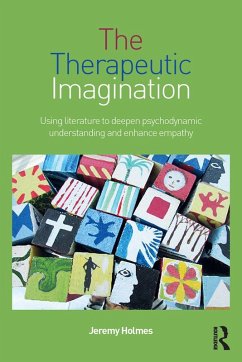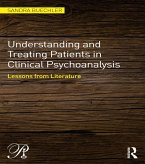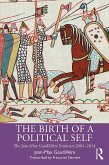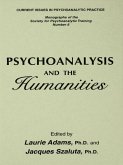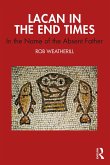Use of the imagination is a key aspect of successful psychotherapeutic treatments. Psychotherapy helps clients get in touch with, awaken, and learn to trust their creative inner life, while therapists use their imaginations to mentalise the suffering other and to trace the unconscious stirrings evoked by the intimacy of the consulting room.Working from this premise, in The Therapeutic Imagination Jeremy Holmes argues unashamedly that literate therapists make better therapists. Drawing on psychoanalytic and literary traditions both classical and contemporary, Part I shows how poetry and novels help foster therapists' understanding of their own imagination-in-action, anatomised into five phases: attachment, reverie, logos, action and reflection. Part II uses the contrast between secure and insecure narrative styles in attachment theory and relates these to literary storytelling and the transformational aspects of therapy. Part III uses literary accounts to illuminate the psychiatric conditions of narcissism, anxiety, splitting and bereavement. Based on Forster's motto, 'Only Connect', Part IV argues, with the help of poetic examples, that a psychiatry shorn of psychodynamic creativity is impoverished and fails to serve its patients.Clearly and elegantly written, and drawing on the author's deep knowledge of psychoanalysis and attachment theory and a lifetime of clinical experience, Holmes convincingly links the literary and psychoanalytic canon. The Therapeutic Imagination is a compelling and insightful work that will strike chords for therapists, counsellors, psychoanalysts, psychiatrists and psychologists.
Dieser Download kann aus rechtlichen Gründen nur mit Rechnungsadresse in A, B, BG, CY, CZ, D, DK, EW, E, FIN, F, GR, HR, H, IRL, I, LT, L, LR, M, NL, PL, P, R, S, SLO, SK ausgeliefert werden.

